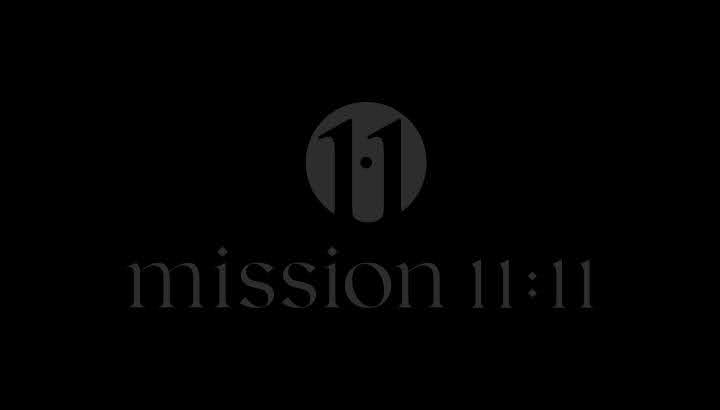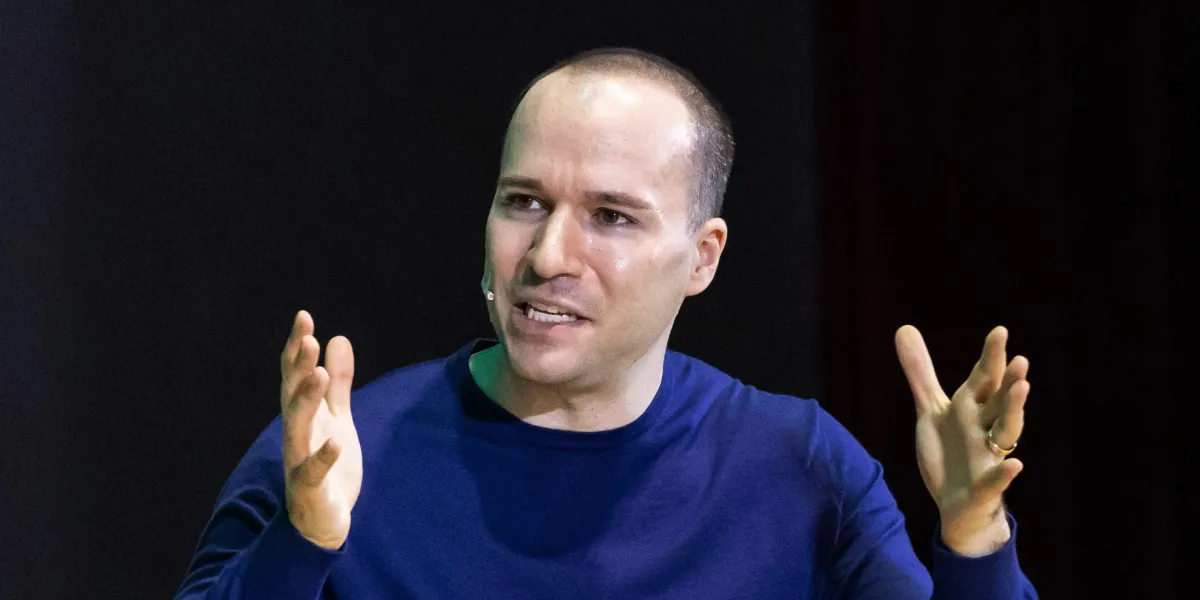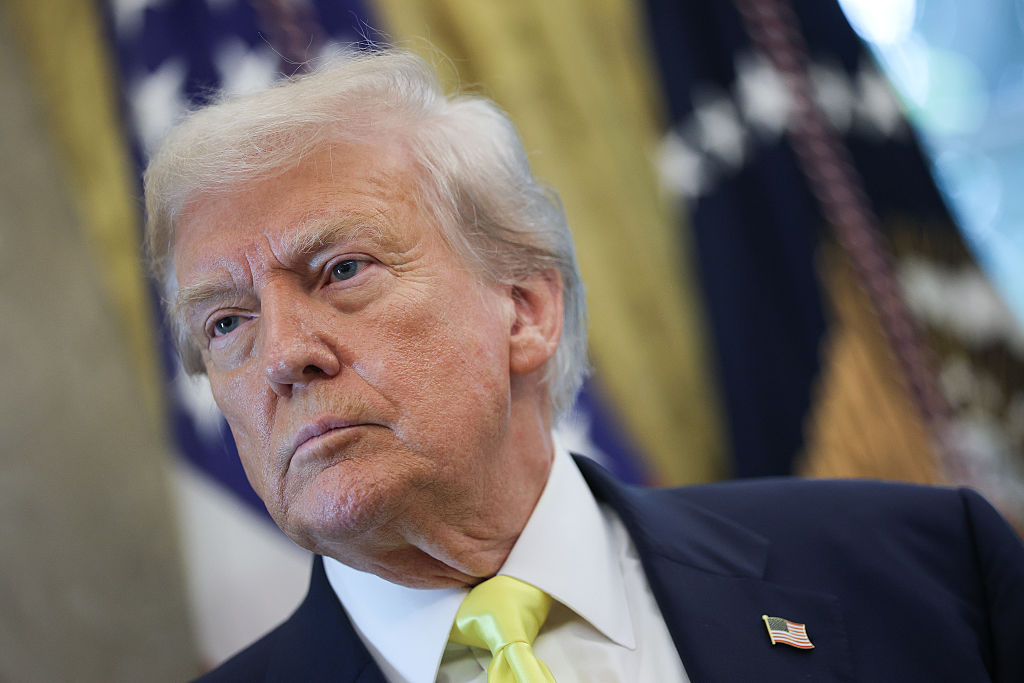Copyright International Business Times

Lourdes Loubriel, numerologist and founder of Mission 11:11, approaches the discipline like an interpreter of patterns, one who believes numbers operate as a cultural and psychological language, allowing people to reconfigure the relationship with themselves and the cosmos, rather than a supernatural accessory. Her work has earned attention across social media and Latin American podcast audiences, where conversations around identity, alignment, and symbolism routinely eclipse traditional interpretations of numerology as entertainment or casual divination. According to Loubriel, her entry point into her work was an interruption in life's script. Raised in Puerto Rico, she recalls 11:11 being less a symbol and more a childhood reflex. "Living in Puerto Rico, when I was a kid, everybody in school used to chant, '11:11, make a wish,'" she explains. "It was just something we said without thinking about why." Later, when she moved to Miami for graduate school, that familiar number resurfaced in a moment that landed with a different kind of gravity. She completed a master's degree in construction management just as the 2008 economic collapse erased the stability she had been working toward. "I did all the right things you are supposed to do to be happy," she says. "And all of the plans fell through." Around the same time, she ended her engagement. Amid personal and self-identity challenges, 11:11 reappeared, this time in a chance encounter at a grocery store with a close friend from Puerto Rico. "She looked at the clock and said, '11:11, do you remember?' And something clicked. I started asking, Why do we say this? Where does this come from?" she says. This translated her into asking her own questions, "Who am I? Why am I here? What is my purpose?" According to Loubriel, the question opened a period of inquiry that ultimately shaped her career, but not without further upheaval. After becoming a mother, she welcomed her son into the world and soon found herself learning to navigate his autism diagnosis. "I had to deal with my own challenges," she says. "Because now I am a single mother and responsible for a human life." Spiritual frameworks that had once felt elective became necessary tools. She studied healing modalities, astrology, numerology, and symbolism, this time not casually, but operationally, applying them to understand patterns in her life and her child's needs. "It helped me not be clouded by judgment and see things in a new way," she says. Loubriel's numerology work centers on a system she describes as mathematical, structured, and a symbolic technology. She uses a chart organized into six quadrants: essence, personality, gift, past life, challenge, and mission, rooted in birth dates and interpreted through polarity rather than moral labels. "Every number symbolizes a vibration that carries a positive or negative frequency, like every polarity in life," she explains. "Not good or bad, just energetic direction." She frames numbers as vibrations expressed through behavior, response, and perception, comparing the system to musical notation. "You are not one number," she says. "You are the dynamic manifestation of vibrations in action, just like a musical piece is not one note, but the arrangement of many notes that create a song." She also grounds her work in psychology, emphasizing archetypes and the subconscious. Her clients range from individuals to practitioners in clinical and therapeutic fields. Professionally, her visibility expanded dramatically after appearing on a major Latin American podcast in 2020. The response directed wider audiences to her work and to Mission 11:11, her platform for education, chart interpretation, and community programming. Her stated ambition is to reposition numerology socially. "I want numerology to be included in the cultural conversation," she says, emphasizing fields that already welcome symbolic interpretation, such as arts, psychology, sociology, design, and literature. "Not to legitimize it scientifically, but to acknowledge it as something that influences how we think, create, relate, and build meaning." Her invitation is an openness to revisit assumptions, question conditioned beliefs, and explore frameworks that can sharpen self-awareness without shrinking individuality. "We keep talking about innovation and progress," she says, "but growth without self-understanding is just movement. I want numerology to be part of the conversation that helps people make better sense of themselves, and each other."



